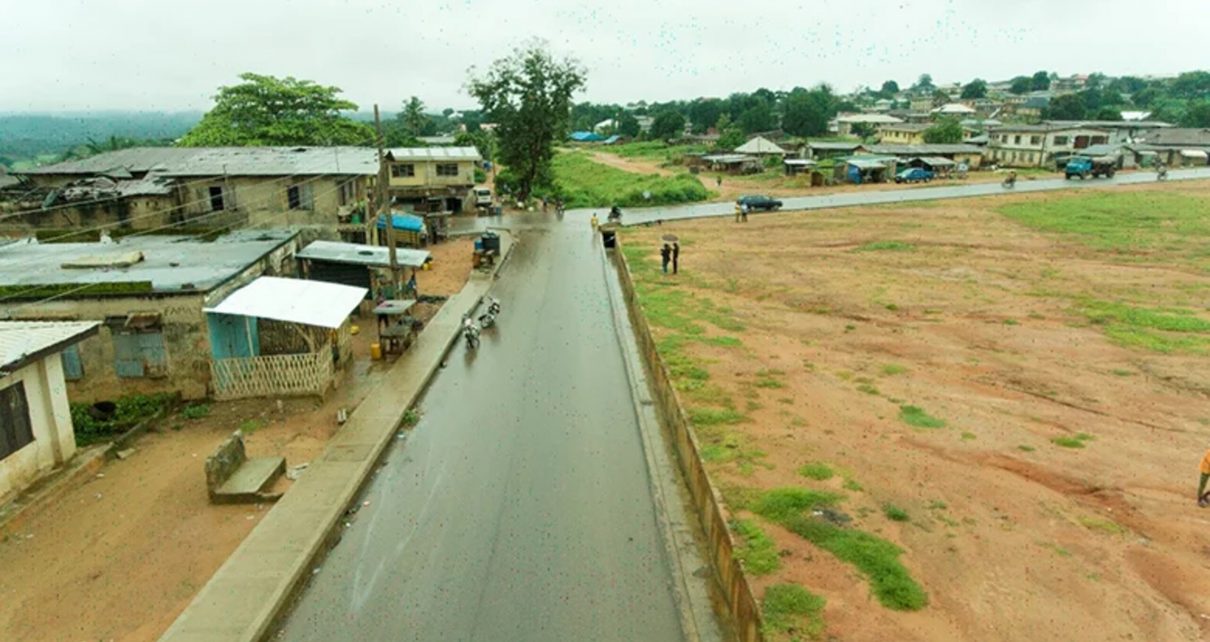Because the impact of public funding distributed to several states from the centre is scarcely seen in rural areas, where a significant portion of Nigerians who live in poverty reside, state governments have a significant role to play in eliminating multidimensional poverty in their respective jurisdictions.
In a statement signed by its Chairman Niyi Akinsiju and Secretary Cassidy Madueke, the Buhari Media Organisation (BMO) claimed that rather than focusing on projects with little direct benefit to the populace, states would be better able to provide the inadequate infrastructure that contributes to rural poverty.
“In the last few days, there have been exchanges in the media space on multidimensional poverty and how 133 million people (or 63 per cent of Nigerians) are multidimensionally poor compared with 40 per cent of Nigerians that are poor in terms of income, according to the national monetary poverty line.
“But one aspect of the report is the worrisome level of multidimensional poverty in rural areas which stands at 72 per cent compared to 42 per cent of people in urban centres.
“Coming at a time that President Muhammadu Buhari revealed that State governors have been diverting allocations meant for local government administration, it is easy to understand why rural areas are not getting the required government presence in spite of efforts by the Federal Government.
“And for those who think that the Buhari administration should be blamed for the outcome of the multidimensional poverty index, our message to them is that the high incidence of rural poverty has a lot to do with deprivation in education, healthcare, rural roads, food insecurity and housing at the lowest level of governance in the country.
“So we dare say that President Buhari was right in saying that the high level of diversion of LG allocations is responsible for stunted development at the local government level,” the group added.
In a period of a global economic crisis, BMO stated that the Buhari administration has done more than enough to ensure that States have access to funding, but questioned why progress has not reached rural areas.
“It is public knowledge that within its first year in office, the Buhari administration approved bailout funds for no fewer than 27 States which had problems paying salaries and pensions.
“Now, it is estimated that the federal government may have supported States with over N5 trillion since 2015 in intervention for salaries and during the COVID-19 pandemic.
“This, according to the Finance Minister Zainab Ahmed, is aside from the additional 3.4 billion dollars that had also been provided to states in the course of the administration.
“And perhaps what best captures the administration’s penchant for supporting the states was the revelation by Gov. Nyesom Wike of Rivers on the release of 13 per cent derivation deductions that were not paid to the Niger Delta States since 1999, totalling N625 billion.
“Like security, fighting poverty should not be left solely to the federal government that has a National Social Investment Programme (NSIP) in place and has always ensured that states get what is due to them.
“We also urge Nigerians to learn to ask their State governors what they do with public funds, including intervention funds they receive rather than the unnecessary fixation with the federal government,” it said.
Buhari would continue to serve Nigeria and Nigerians’ best interests till the end of his term in office, according to BMO.


